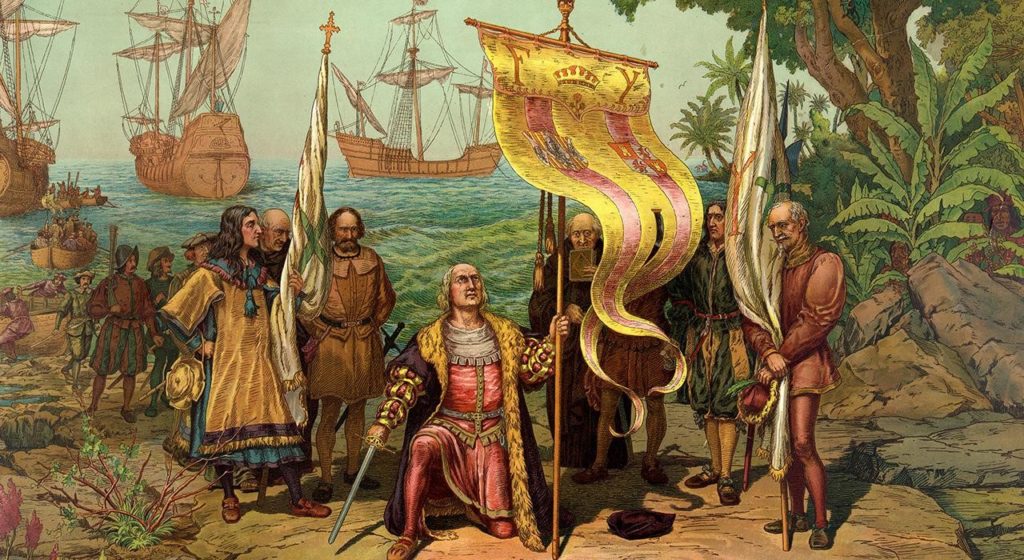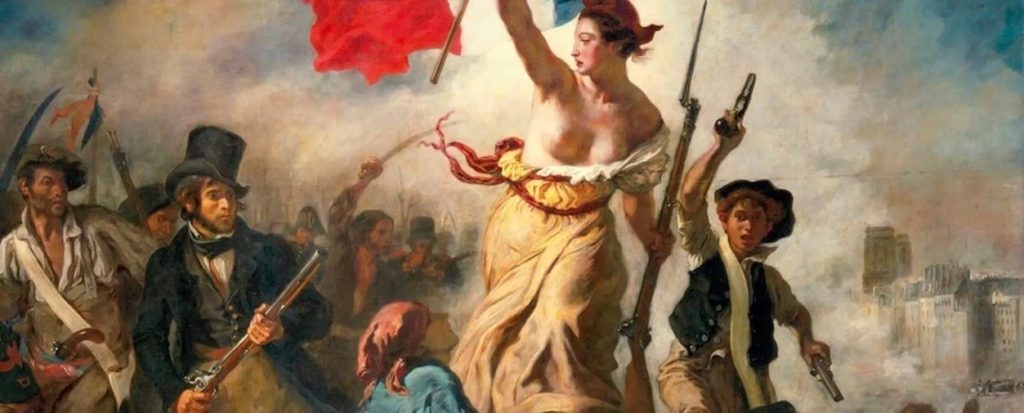History
History (from Greek ἱστορία, historia, meaning “inquiry; knowledge acquired by investigation”) is the study of the past. Events before the invention of writing systems are considered prehistory. “History” is an umbrella term comprising past events as well as the memory, discovery, collection, organization, presentation, and interpretation of these events. Historians seek knowledge of the past using historical sources such as written documents, oral accounts, art and material artifacts, and ecological markers.
History also includes the academic discipline which uses narrative to describe, examine, question, and analyze past events, and investigate their patterns of cause and effect. Historians often debate which narrative best explains an event, as well as the significance of different causes and effects. Historians also debate the nature of history as an end in itself, as well as its usefulness to give perspective on the problems of the present.
Ancient history
Ancient history is the aggregate of past events from the beginning of writing and recorded human history and extending as far as post-classical history. The phrase may be used either to refer to the period of time or the academic discipline.
The span of recorded history is roughly 5,000 years, beginning with the Sumerian cuneiform script, with the oldest coherent texts from about 2600 BC. Ancient history covers all continents inhabited by humans in the period 3000 BC – AD 500.
The broad term “ancient history” is not to be confused with “classical antiquity”. The term classical antiquity is often used to refer to Western history in the Ancient Mediterranean from the beginning of recorded Greek history in 776 BC (first Olympiad). This roughly coincides with the traditional date of the founding of Rome in 753 BC, the beginning of the history of ancient Rome, and the beginning of the Archaic period in Ancient Greece.

Medieval History
In the history of Europe, the Middle Ages or medieval period lasted approximately from the 5th to the late 15th centuries, similarly to the Post-classical period of global history. It began with the fall of the Western Roman Empire and transitioned into the Renaissance and the Age of Discovery. The Middle Ages is the middle period of the three traditional divisions of Western history: classical antiquity, the medieval period, and the modern period. The medieval period is itself subdivided into the Early, High, and Late Middle Ages.

Modern History
Modern history is the history of the world beginning after the Middle Ages. Generally the term “modern history” refers to the history of the world since the advent of the Age of Reason and the Age of Enlightenment in the 17th and 18th centuries and the beginning of the Industrial Revolution.
The modern period has been a time of many advances in science, politics, warfare, technology, and globalization. During this time, the European powers began expanding their political, economic, and cultural influences to the rest of the world.

Contemporary History
Contemporary history, in English-language historiography, is a subset of modern history that describes the historical period from approximately 1945 to the present. Contemporary history is either a subset of the late modern period, or it is one of the three major subsets of modern history, alongside the early modern period and the late modern period. The term contemporary history has been in use at least since the early 19th century.
